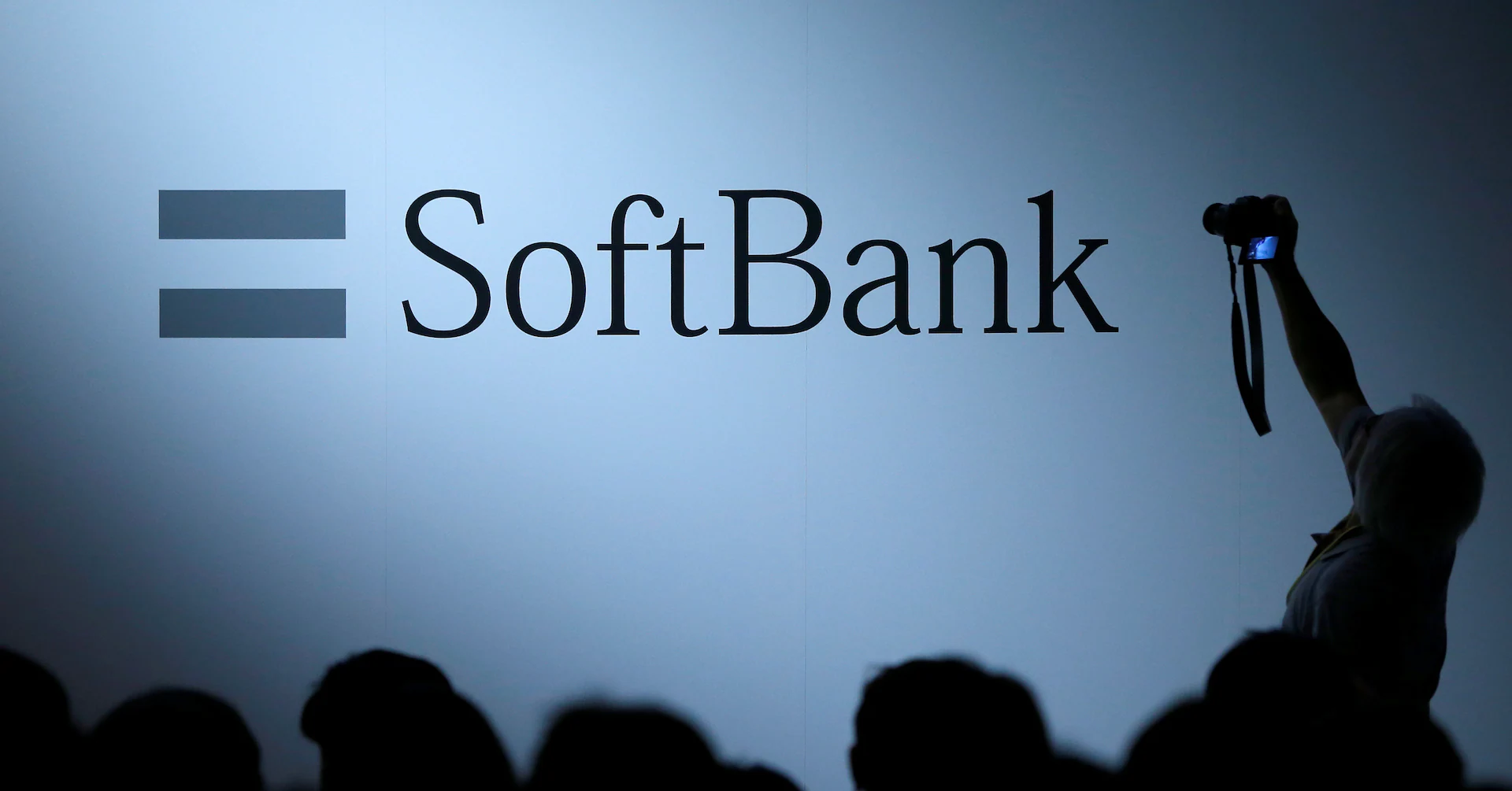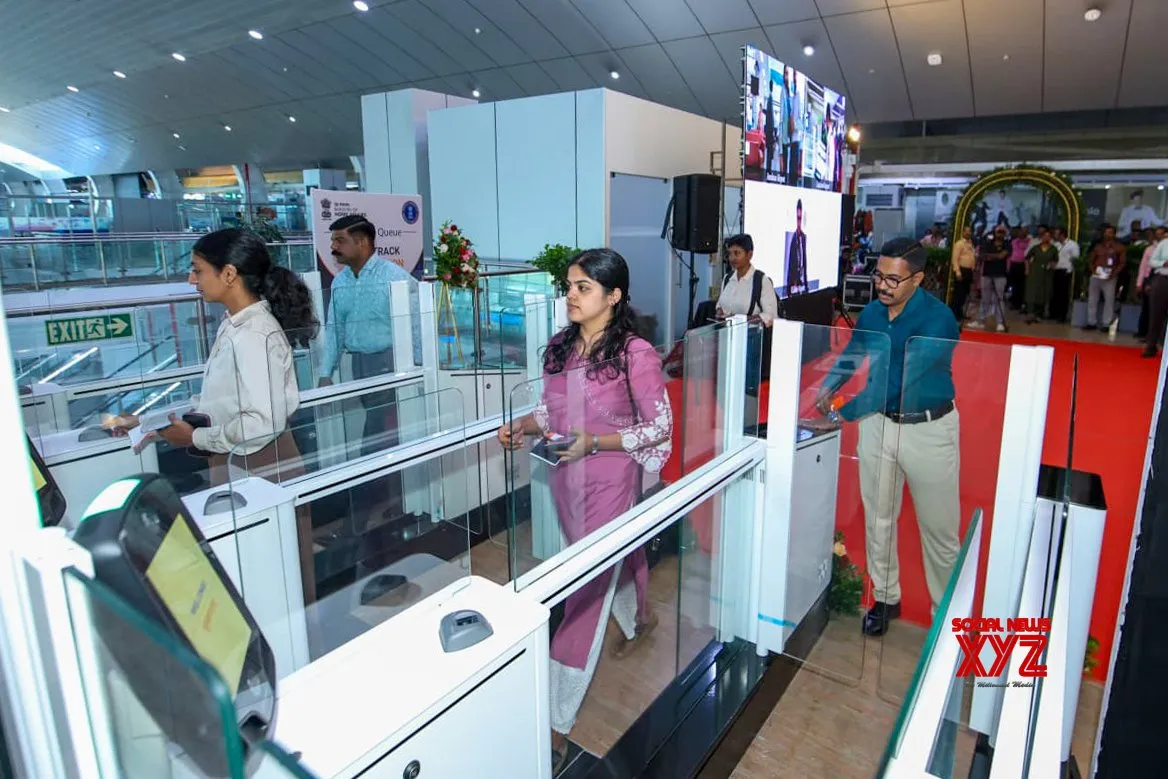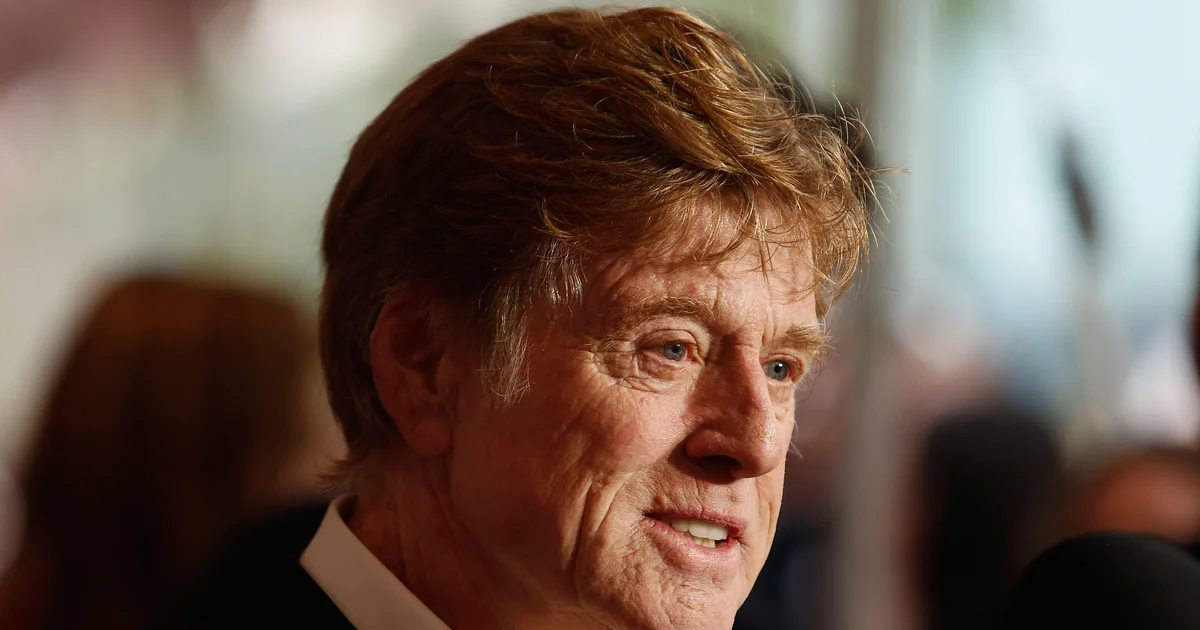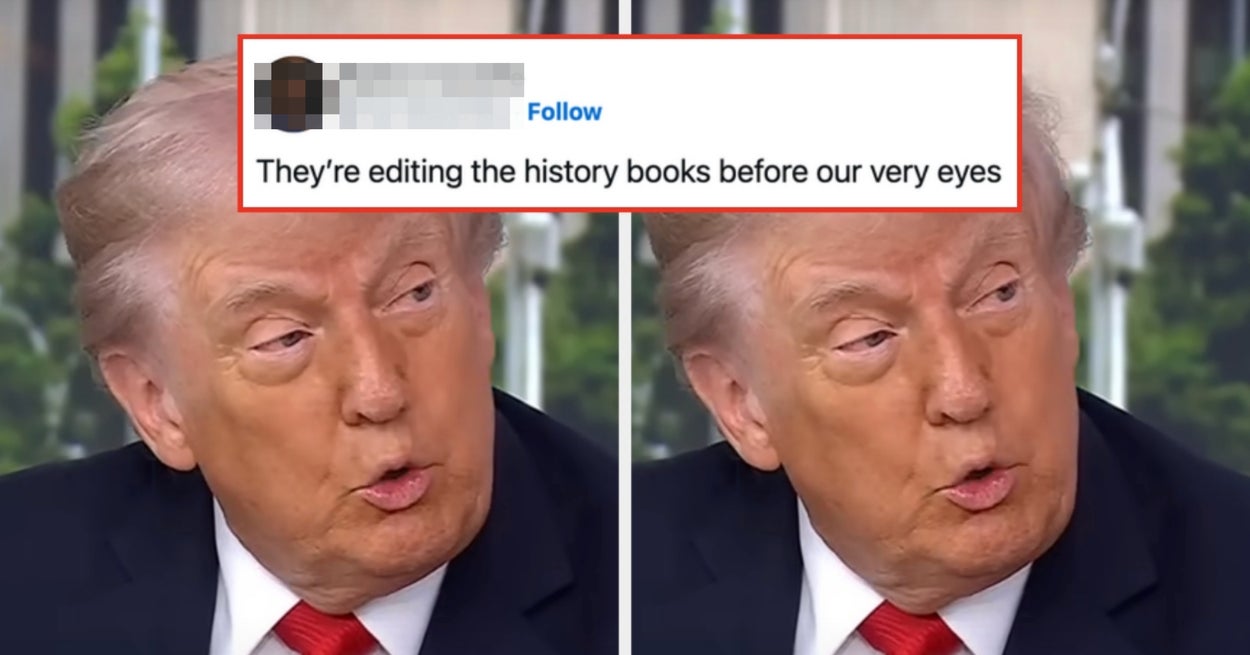SoftBank Vision Fund to lay off 20% of employees in shift to bold AI bets, source and memo say

Summary
Companies
Vision Fund shifts focus to support AI ambitions of founder Masayoshi Son
Son’s strategy returns to high-risk, high-reward investments
SoftBank’s AI bets include $9.7 billion in OpenAI
Sept 18 (Reuters) – SoftBank Group (9984.T), opens new tab will lay off nearly 20% of its Vision Fund team globally as it shifts resources to founder Masayoshi Son’s large-scale artificial intelligence bets in the United States, according to a memo seen by Reuters and a source familiar with the plan.
The cuts mark the third round of layoffs at the Japanese investment conglomerate’s flagship fund since 2022. Vision Fund currently employs 44 people, according to its website. Unlike previous rounds, when the group was saddled with major losses, the latest reductions come after the fund last month reported its strongest quarterly performance since June 2021, driven by gains in public holdings such as Nvidia (NVDA.O), opens new tab and South Korean e-commerce firm Coupang (CPNG.N), opens new tab.
Sign up here.
The move signals a pivot away from a broad portfolio of startup investments. While the fund will continue to make new bets, remaining staff will dedicate more resources to Son’s ambitious AI initiatives, such as the proposed $500 billion Stargate project – an initiative to build a vast network of U.S. data centers in partnership with OpenAI, the source added.
A Vision Fund spokesperson confirmed the layoffs without commenting on the details, and said in a statement: “We continually adjust the organization to best execute our long-term strategy – making bold, high-conviction investments in AI and breakthrough technologies, and creating long-term value for our stakeholders.”
The restructuring marks a return to Son’s classic high-risk, high-reward approach of making massive, concentrated wagers, moving on from the sprawling venture capital model that defined the last era of the Vision Fund, and a period in which the group was forced to de-risk, sell assets and rebuild credibility after incurring billions in losses on its once high-flying bet on the office-sharing startup WeWork.
This shift toward capital‑intensive AI infrastructure reflects where Son – who made his name with outsized bets and was an early champion of AI – sees the path back to the top. He is now aggressively pursuing new investments in foundation models and the infrastructure layer, sometimes at premium valuations.
In the past 12 months, Son has invested $9.7 billion in OpenAI through Vision Fund 2, which manages about $65.8 billion in total. SoftBank is also plotting a capital-intensive infrastructure strategy centered on its crown jewel, chip designer Arm . It has acquired chip firms Graphcore and Ampere Computing and taken stakes in Intel (INTC.O), opens new tab and Nvidia. These moves aim to build an ecosystem spanning chips, data centers, and models to support future AI adoptions.
The capital-intensive strategy carries execution risk, underscored by recent delays in both the U.S. Stargate project and a similar joint venture with OpenAI in Japan, Reuters reported this week.
SoftBank CFO Yoshimitsu Goto said the company held a “very safe level” of cash of 4 trillion yen ($27 billion) on the company’s most recent earnings call in August.
Reporting by Krystal Hu in San Francisco; Editing by Matthew Lewis
Our Standards: The Thomson Reuters Trust Principles., opens new tab
Krystal reports on venture capital and startups for Reuters. She covers Silicon Valley and beyond through the lens of money and characters, with a focus on growth-stage startups, tech investments and AI. She has previously covered M&A for Reuters, breaking stories on Trump’s SPAC and Elon Musk’s Twitter financing. Previously, she reported on Amazon for Yahoo Finance, and her investigation of the company’s retail practice was cited by lawmakers in Congress. Krystal started a career in journalism by writing about tech and politics in China. She has a master’s degree from New York University, and enjoys a scoop of Matcha ice cream as much as getting a scoop at work.



